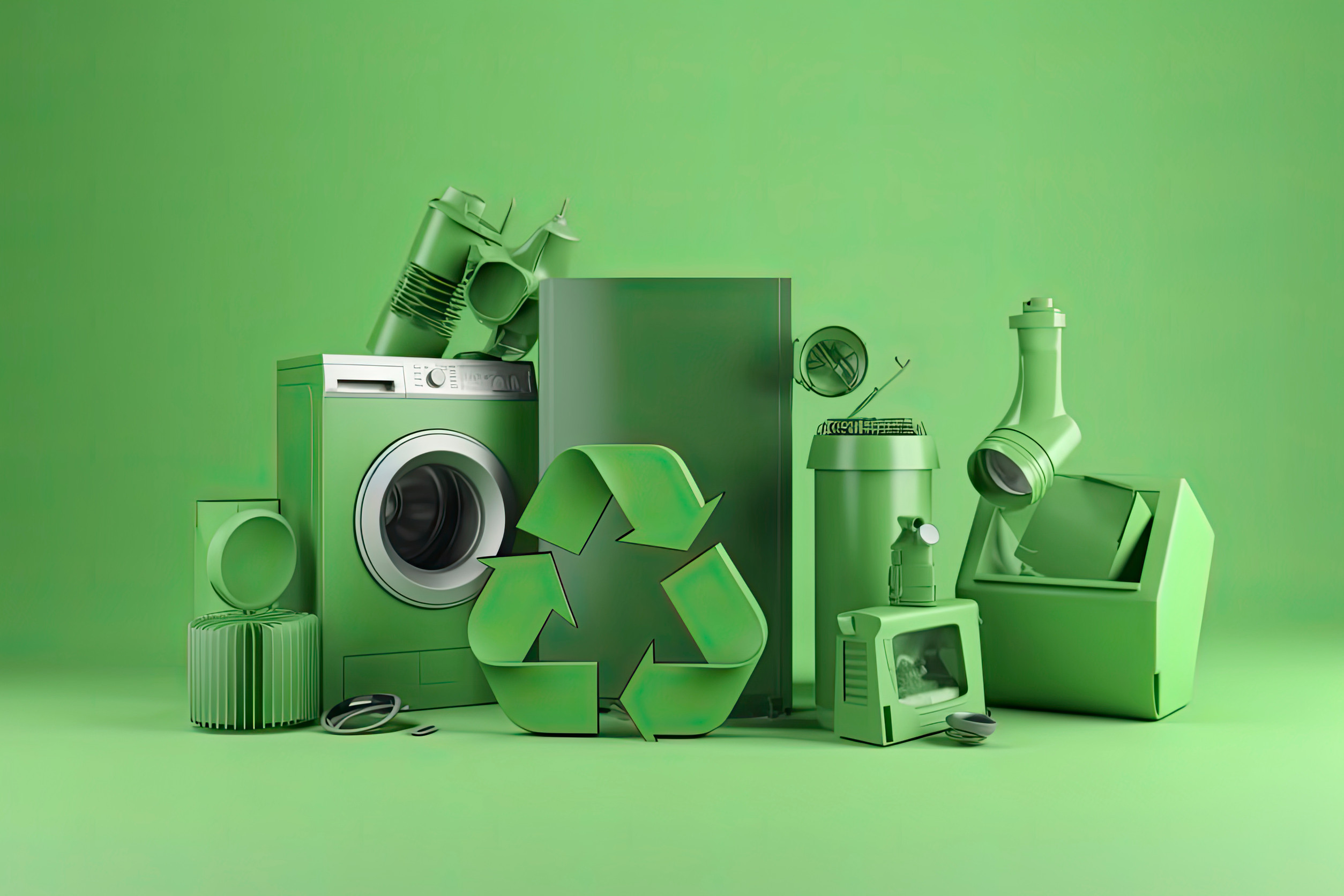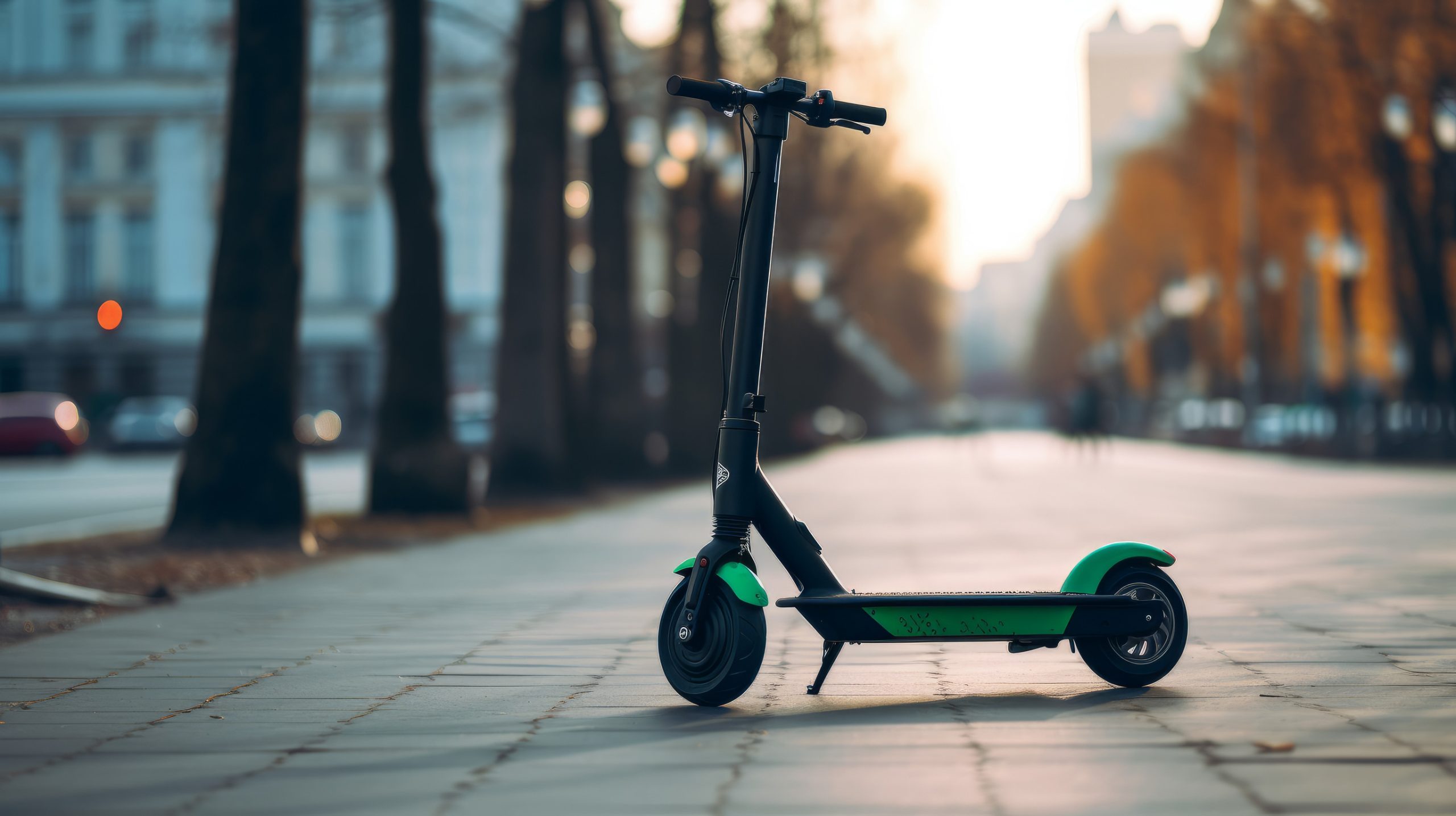
The world is filled with well-meaning people reaching for products that promise to save the Earth. Supermarkets, online ads, and influencers push everything from reusable straws to bamboo toothbrushes with bright green labels and buzzwords like “eco-friendly,” “sustainable,” or “zero waste.”
The truth, though, is that many so-called green products are far from the miracle solutions they claim to be. Some are clever marketing ploys that shift responsibility to consumers while masking far bigger environmental problems. Knowing the reality behind these items is crucial for making choices that genuinely benefit the planet.
1. Bamboo Toothbrushes: A Shiny Promise with Hidden Costs
Bamboo toothbrushes are often marketed as biodegradable alternatives to plastic ones, but the reality is less straightforward. Many of these brushes still contain nylon bristles that cannot be composted or recycled in typical municipal systems. Improper disposal often means they end up in landfills alongside the plastic they were meant to replace.
Furthermore, bamboo farming sometimes involves deforestation and long-distance shipping that adds to a product’s carbon footprint. Without industrial composting facilities, the promise of a guilt-free smile falls apart.
2. Reusable Tote Bags: Too Much of a Good Thing
Reusable tote bags have become a symbol of the eco-conscious shopper, replacing single-use plastic bags at checkouts worldwide. However, cotton tote bags can have a surprisingly large environmental footprint due to the water and pesticides required to grow cotton. Studies have shown that a cotton bag must be reused hundreds, sometimes thousands, of times to offset the energy and resources consumed during production. Many people collect tote bags at events or buy trendy ones impulsively, rarely using them enough to make a difference. In the end, a closet overflowing with underused bags does little to ease the burden on landfills.
3. Biodegradable Plastics: A Misleading Solution
Biodegradable plastics are often hailed as the future of packaging, but they can be more confusing than helpful. Many biodegradable plastics only break down in industrial composting facilities with the right heat and conditions, which most cities do not provide. When tossed into ordinary trash, they act like traditional plastics and persist in the environment for years. If they mistakenly enter recycling streams, they can contaminate entire batches of recyclable plastic. The reassuring green label on these packages hides an inconvenient truth: without proper disposal systems, they contribute to the same pollution problem they claim to solve.
4. Electric Scooters: Convenience with an Environmental Price Tag
Electric scooters have emerged in cities around the world, touted as a clean, modern transportation alternative that reduces car traffic. Yet studies show that many scooter trips actually replace walking, biking, or public transit rather than car rides. The scooters themselves have short lifespans and require frequent maintenance, generating significant e-waste due to their batteries and parts. Collection and recharging operations often rely on gas-powered vehicles that further undercut their green image. While convenient for short trips, the scooters can actually contribute to urban carbon footprints rather than reducing them.

5. “Eco-Friendly” Bottled Water: An Oxymoron
Bottled water companies have jumped on the green trend by selling water in “plant-based” or recycled plastic bottles that sound like a step forward. Despite the new labels, bottled water remains one of the least sustainable products on the shelf. Producing and transporting bottled water demands vast amounts of energy and generates plastic waste, whether the bottle is recyclable or not. Many “eco” bottles still end up in oceans and landfills due to inadequate recycling systems. The best option remains the simplest: drinking tap water from a reusable container whenever possible.
Rethinking Everyday “Green” Choices
Doing right by the planet is not as easy as picking up the nearest product with a leaf logo and a promise of sustainability. Many “green” goods can backfire if used thoughtlessly or disposed of improperly. Real environmental progress comes from understanding the full life cycle of what people consume, demanding better infrastructure, and pushing companies to adopt truly responsible practices.
Conscious choices, not clever marketing, will determine whether future generations inherit a healthier Earth. What do you think? How important are “green” products to you?
Read More
The Environmental Benefits of Clearing Out Old Junk
Is Being Vegan Actually Helping the Planet?
The post 5 “Green” Products That Aren’t Actually Helping the Planet appeared first on Everybody Loves Your Money.







